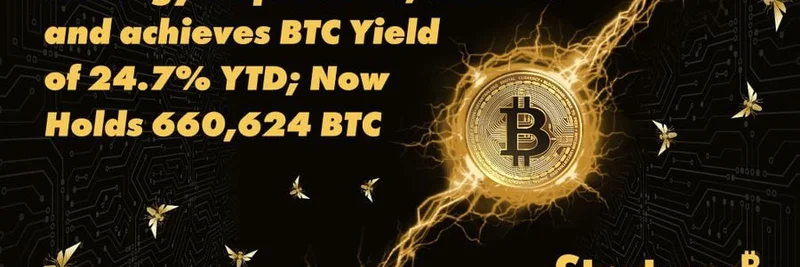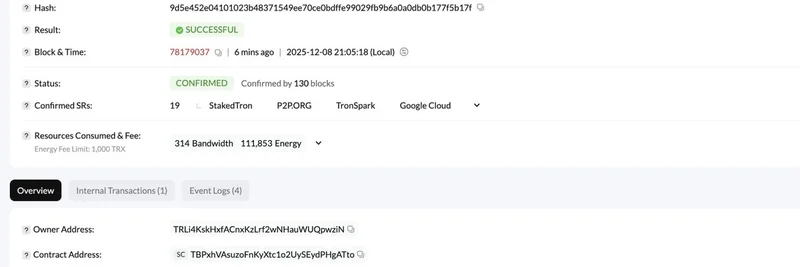HOKK (short for Hokkaidu Inu) is a dog-themed meme token that launched in 2021 and evolved into a community-led project with growing DeFi ambitions. The contract you provided—0x4f2cef6f39114ade3d8af4020fa1de1d064cadaf—corresponds to the Ethereum version of HOKK (an ERC-20 token). Over time, the brand has also appeared on other chains and via “HOKK Finance,” which aims to layer real utility on top of the meme coin roots.
If you’re new to HOKK, here’s what matters: it’s a reflection-based, deflationary token with a renounced contract and burned liquidity, a large historical holder base, and an ecosystem vision that includes staking, yield, and cross-chain infrastructure.
Contract and chain clarity
Official contract (Ethereum ERC-20): 0x4f2cef6f39114ade3d8af4020fa1de1d064cadaf
You can verify the address on Etherscan.Important: HOKK-branded tokens also exist on other networks (for example, BNB Chain under different contexts). Always double-check the chain and contract before trading or adding liquidity.
Origins and evolution
- HOKK launched during the 2021 meme coin wave, inspired by pioneers like Dogecoin and Shiba Inu.
- The token surged early, reportedly reaching a peak market cap above $800M during its heyday.
- A well-known episode involved tokens sent to Ethereum co-founder Vitalik Buterin, who later sold and donated the proceeds, sparking a steep drawdown.
- The community rallied, revitalizing what’s often called “HOKK Classic,” while the team and contributors pushed “HOKK Finance,” a DeFi-oriented track aimed at real utility and multichain reach. As of 2025, the original admin team has been reported as re-engaged and focused on a renewed DeFi roadmap.
Tokenomics at a glance
- Symbol: HOKK
- Standard: ERC-20 on Ethereum
- Total supply: 100 quadrillion
- Circulating supply: Project self-reports ~99,149,900,000,000,000 HOKK
- Reflections (Automated Rewards Farming):
- Buy tax ~2% and sell tax ~1.77% (some sources cite ~2% for transfers as well).
- Taxes are redistributed to holders, so your balance can grow just by holding.
- Deflationary design:
- A burn address (0x000000000000000000000000000000000000dEaD) receives reflections and holds a large chunk of supply/liquidity.
- Roughly 900 trillion tokens (~0.9% of supply) and ~99% of the liquidity are reported as burned to the dead address.
- Distribution: Community-first. No single wallet reportedly holds more than 2%, and there’s no official team/dev wallet or reserve. Funding is sustained via community contributions.
- Contract status: Renounced, which means the original owner cannot change the code parameters—this strengthens decentralization but also limits post-deploy flexibility.
Quick explainer:
- Reflections: A small fee on transactions that is automatically redistributed to all holders pro rata.
- Burn address: A “dead” wallet that no one controls. Sending tokens there permanently removes them from circulation.
- Renounced contract: Ownership of the contract is given up, preventing admins from changing core settings.
Utility and the HOKK Finance vision
HOKK started as a meme token, but the ecosystem aims for broader utility:
- Passive rewards via reflections: Hold HOKK, and your balance can grow from transaction fees.
- Staking and yield: Options have included HOKK staking with rewards (including ETH) and farming for a rewards token called TREATS.
- Cross-chain oracle (Telegraph): HOKK is designed to be the token for setting up nodes on Telegraph, a public, permissionless cross-chain oracle that lets developers pull data and state from other blockchains.
- DeFi tools and products: HOKK Finance has introduced products like HOKK Premium (an Ethereum aggregator) and utility NFTs, with stated plans for a wallet, crypto payments for businesses, and a lending platform.
Community
- Holder base: Reported as 68,000+ historically on Ethereum, with an active grassroots community.
- Culture: Transparency, inclusivity, and community-led decision-making. Engagement initiatives include art contests and narrative-driven content to expand reach and retention.
- Channels: Activity has been visible across social platforms and forums like Reddit, reflecting a strong base of long-term supporters.
Security posture and audits
- Independent audit: Contracts have been audited by TechRate.
- Automated scanners: HOKK reportedly scored 100/100 on Token Sniffer at one point (note that automated ratings can change over time).
- Renounced ownership and burned liquidity: Reduces unilateral control and rug risk vectors, but also constrains upgrade ability.
As with any crypto asset, conduct personal due diligence, read the latest audit reports, and verify contract specifics before interacting.
Where to buy and trade HOKK (Ethereum)
Because HOKK uses reflections and small transaction taxes, decentralized exchanges and self-custody wallets are commonly used. Always confirm you’re using the Ethereum contract: 0x4f2cef6f39114ade3d8af4020fa1de1d064cadaf.
Recommended platforms:
- gmgn.ai: View live liquidity, trades, and execute swaps via HOKK’s page on gmgn.ai.
- Uniswap: Swap ETH for HOKK on Uniswap by pasting the contract address.
- Aggregators: You can also compare quotes across DEXs using tools like 1inch.
Practical tips:
- Slippage: Reflection tokens often need a slightly higher slippage tolerance. Start low and adjust cautiously.
- Self-custody: Some centralized platforms don’t credit reflections. Using a wallet like MetaMask ensures you receive on-chain rewards.
- Verify token: Double-check the contract on Etherscan before swapping.
Risks and what to watch
- Market volatility: Meme assets can swing hard—both ways. Manage position size and expectations.
- Brand fragmentation: “HOKK” exists across chains and iterations (e.g., HOKK Classic vs. HOKK Finance). Always verify the correct chain and contract.
- Liquidity depth: Check current liquidity and spreads before executing larger trades.
- Evolving information: Taxes, staking programs, and product roadmaps can change. Consult official sources like HOKK Finance and review on-chain data.
- Smart contract risk: Even audited contracts carry risk. Don’t invest more than you can afford to lose.
Final take
HOKK is a case study in meme-to-utility evolution. It pairs classic reflection and deflation mechanics with an aspirational DeFi roadmap—staking, aggregation, and a cross-chain oracle (Telegraph). The Ethereum address you’re researching is an ERC-20 with a renounced contract and burned liquidity, signaling a community-first design. If you choose to participate, trade on verified venues, confirm the contract, and keep tabs on ecosystem developments via official channels.
Disclaimer: This article is for informational purposes only and is not financial advice. Crypto assets are highly volatile and risky. Always do your own research.




